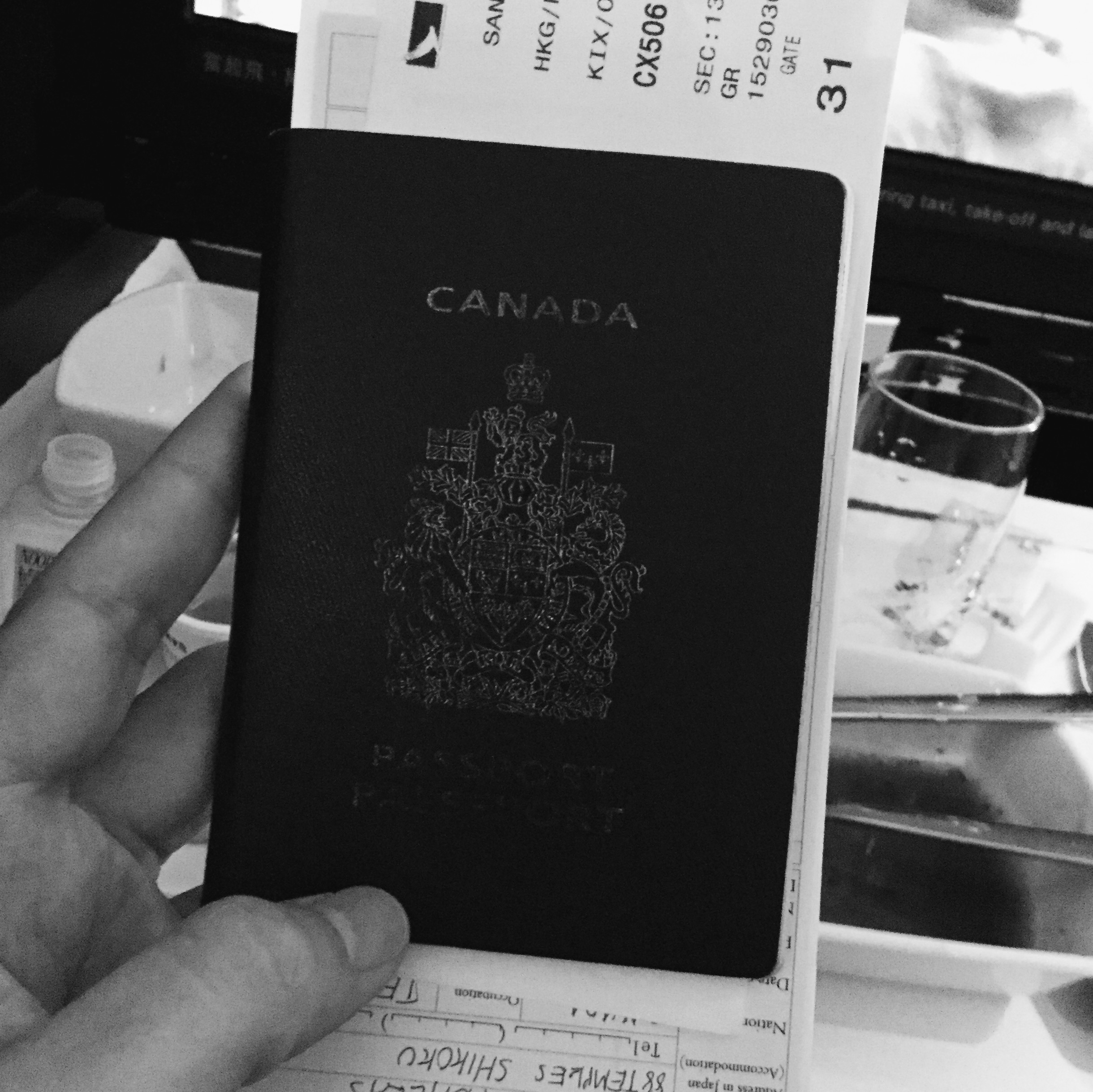
Since living abroad for so many years, the question of my nationality has always been a bit tricky. When I say I am from Canada people, always talk about the wonderful things there and ask where in Canada I am from and what is it like. I always respond where I am from but say I haven’t lived there, on a full-time basis, for over 13 years. When I return to visit friends and family, it is always a strange feeling since I have been making my home in either Korea or Hong Kong.
I have always considered myself a Canadian but not a nationalist. I have always followed the news and kept up with what was going on. When I lived in Canada, I worked in politics, elections, campaigning and policy discussions. I always voted even while living abroad. This year I was not allowed to vote.
On July 20, the Ontario Court of Appeal sided with the federal government, ruling that Canadian expats who have lived abroad more than five years should not be allowed to vote in national elections. The federal government successfully argued it is unfair for expatriates to vote since they are not directly affected by the actions taken by the government.
This is not true since they determine the costs and procedures of my passport. They determine the rules on how the money I have put into the Canadian Pension Plan should be used and when I should be allowed to have the money. The current government recently raised the retirement age from 65 to 67. I no longer have a say in it. They set the rules on my tax-free retirement savings plan (RRSP) and can decide if they want to restrict it or loosen them. I am not alone in having my voice silent for wanting to go out into the world to earn, learn and one day to return with the knowledge gained.
The Asian Pacific Federation estimates there are over 3 million Canadians living abroad representing over 9% of the population. Many choose to leave their country. Some do it because their job has forced them to move abroad as a way to advance in the company. Some choose to help in work in the poorer parts of the world. Some, like myself, decided to go off and teach for a few years and then explore or discover a better career somewhere else.
In the end, many of us come back. The AFP estimate 2/3 of those living overseas see themselves returning to Canada at some point. We must be allowed to have a say in what kind of Canada we come back too. It is our right.
Section 3 of the Charter of Rights and Freedoms says “Every citizen of Canada has the right to vote in an election of the members of the House of Commons or of a legislative assembly and to be qualified for membership therein.” It does not mention residency or any restrictions on that right. It would be assumed the July 20th decision would be appealed or there are other solutions.
In the United Kingdom, the right to vote expires after living 15 years abroad, three times than the Canadian rule. In New Zealand, there is a three-year limit, but the clock resets every time a citizen visits the country. Australia allows their citizens to vote up to six years from leaving the country, but they can extend the right so long as they make declarations stating they intention to return. Every citizen of the United States is allowed to vote as long as they pay their taxes. Some countries like Italy and France allow legislators who are voted on by expatriates. All these measures may help to bring more participation in the Canadian democratic system.
For most Canadians voting is going to the nearby school, church or another place; having their name checked off then going behind the screen to cast their ballot. For a Canadian Abroad who wants to vote, there is a long procedure. They must go to the website; print out the form then mail it into Elections Canada. They do not accept emailed forms. They receive the information and have to check to make sure everything is correct. Then they must mail out the ballot. I get it check the boxes then mail it back with the hopes of it being received before the day of the election.
This year I was not given a ballot, but if you are in Canada, you have yours. Use it or lose it.